Prime Minister Sheikh Hasina highlighted the importance of diversifying jute products in accordance with international market demand to tap into vast export opportunities.
Addressing the opening ceremony of six jute mills and the three-day multipurpose jute product fair-2024 at the Bangabandhu International Conference Centre in the city on the occasion of National Jute Day-2024, Prime Minister Hasina underscored the significance of exploring new export markets for jute products and tailoring production to meet specific demands.
Celebrated annually on March 6, National Jute Day this year focused on the theme "Bangabandhur Sonar Desh, Smart Pat Shilper Bangladesh" (Bangabandhu’s golden country, Bangladesh, with smart jute industries).
Emphasizing the potential of jute as the "golden fibre," Prime Minister Hasina expressed optimism about leveraging increased jute production to unlock significant export potential and promote the use of jute products domestically.
She stressed that diversifying the export basket could be facilitated by jute and its goods, urging authorities of leased jute mills to actively pursue new product development, market exploration, and export enhancement.
Recognizing jute as environmentally friendly, Prime Minister Hasina highlighted its vast global market potential. Despite its potential, she lamented the lack of incentives for jute as an agricultural product or an export-oriented commodity. However, she affirmed the government's commitment to providing incentives for jute both as an agricultural product and an export commodity.
During the event, Prime Minister Hasina presented honorary crests to individuals and organizations across eleven categories for their contributions to the jute sector. Textiles and Jute Minister Jahangir Kabir Nanak presided over the event, with Golam Dastagir Gazi, Chairman of the Parliamentary Standing Committee on Textiles and Jute Ministry, and Abul Hossain, President of Bangladesh Jute Mills Association (BJMA), delivering speeches.
The event also saw the opening of six newly leased jute mills, which are now operated by private ventures, symbolizing a renewed focus on revitalizing Bangladesh's jute industry.



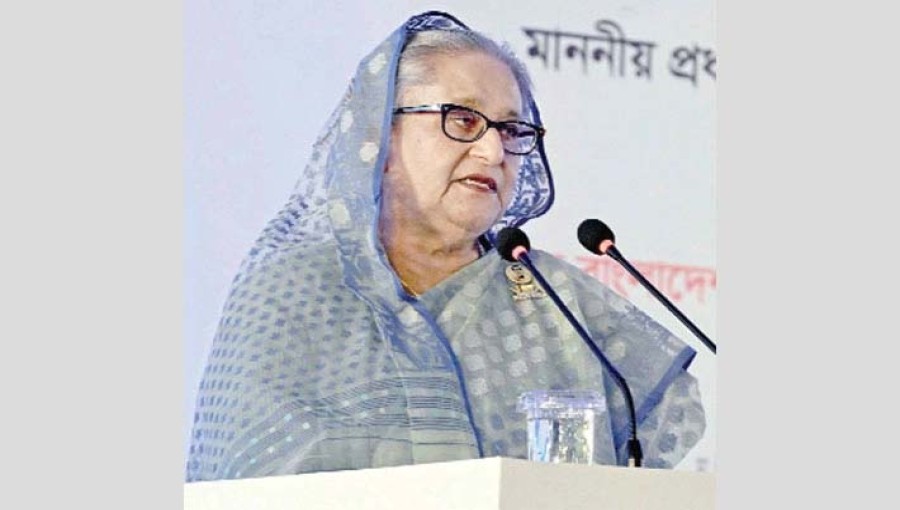

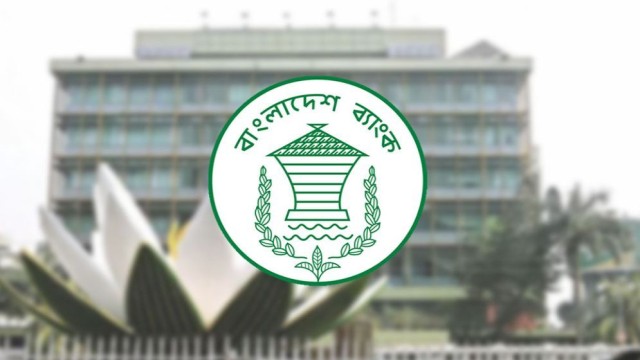
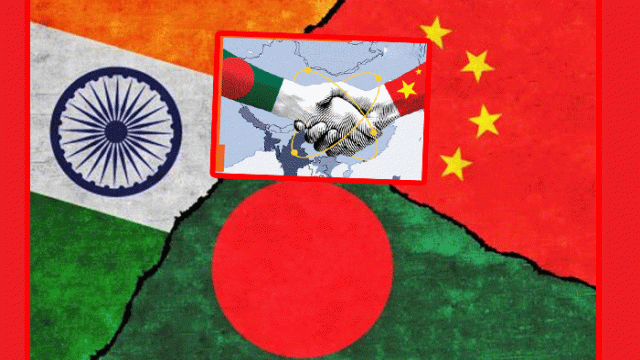


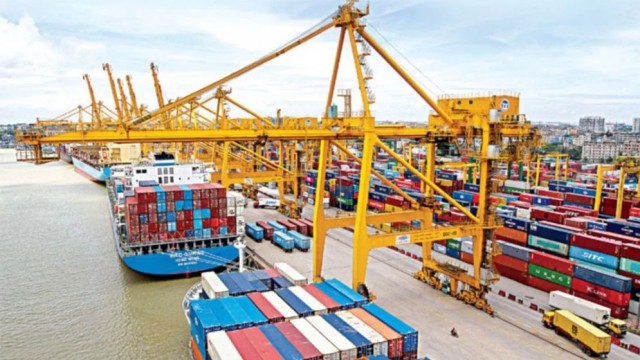



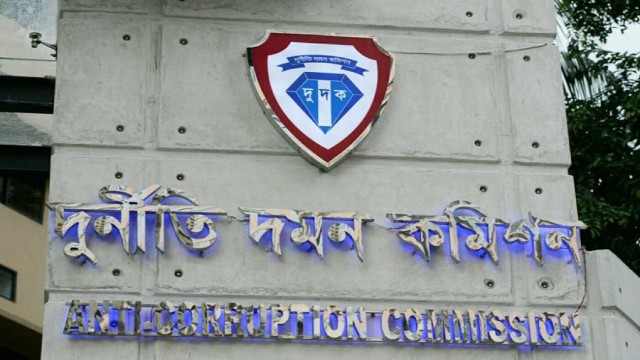

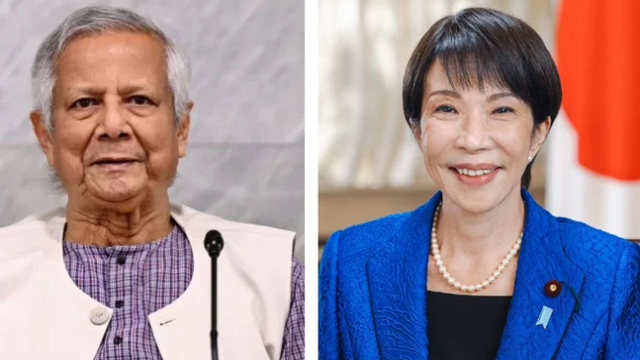
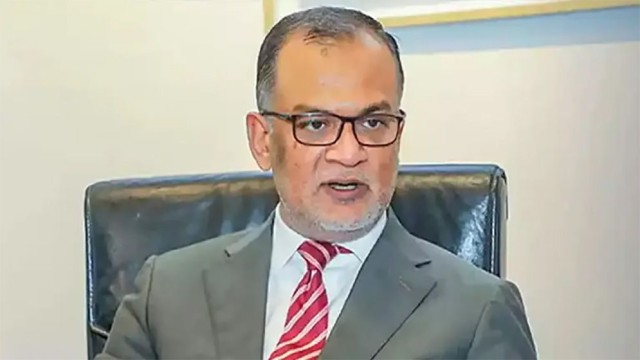
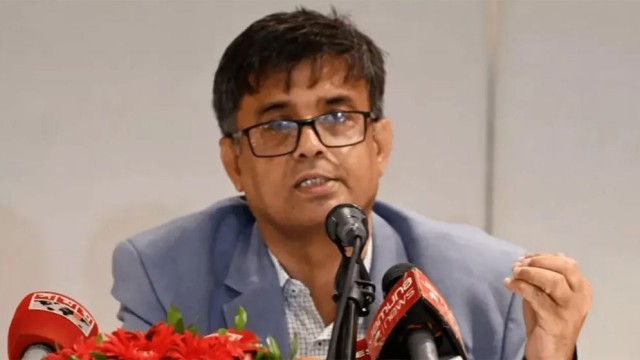







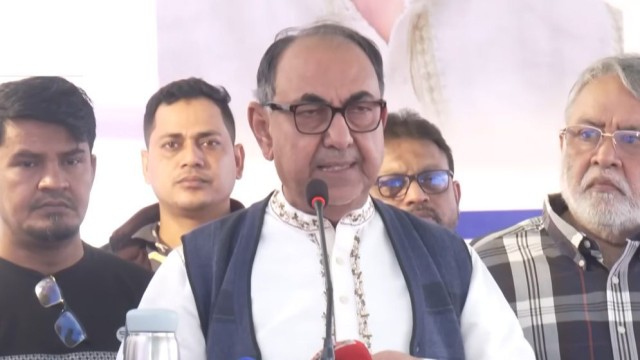





Comment: